Writing a bad review of Spike Lee’s Oldboy is, at this point, rather redundant, as the film is already failing by all the usual critical and financial metrics.
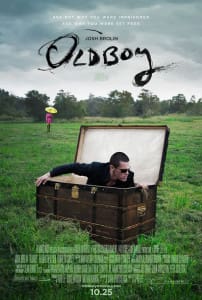 However, I felt the film was doomed by those metrics from the start given the canonical–and downright holy in some quarters–status of Park Chan-Wook’s earlier film, which is certainly a masterpiece. And as for controversy, Mr. Lee may be experiencing some reverse anxiety of influence, as points of comparison between Lee’s own further-past masterworks and Park’s show that both directors have stirred similar furies. No, I was ready to laugh in the faces of all those who told me that Park’s Oldboy shouldn’t or perhaps couldn’t be remade, and I was ready for the genius that helped Lee define a generation to reassert itself and…
However, I felt the film was doomed by those metrics from the start given the canonical–and downright holy in some quarters–status of Park Chan-Wook’s earlier film, which is certainly a masterpiece. And as for controversy, Mr. Lee may be experiencing some reverse anxiety of influence, as points of comparison between Lee’s own further-past masterworks and Park’s show that both directors have stirred similar furies. No, I was ready to laugh in the faces of all those who told me that Park’s Oldboy shouldn’t or perhaps couldn’t be remade, and I was ready for the genius that helped Lee define a generation to reassert itself and…
Okay, you get it. I wanted to like this movie because it was going to succeed by a different metric. The metric in question is cultural. Even if you think the main source of genius in Park’s Oldboy is its beautiful orchestration of violence (I disagree), at once evoking second-gen video game aesthetics and transcendental philosophy, those aesthetics still have a cultural specificity, call it a refraction of the East Asian imaginary, that relates them to the spine of the film, the ultimate answers to the character Oh-Dae-Su’s questions about imprisonment. I will try to stay away from spoilers–consider yourself alerted anyway–but the bottom line is that even if you’ve seen Lee’s version, you do not understand what’s really going on in Park’s film. The answers in that film involve revelations about rumor and family honor that again are powerfully tied to specific cultural values.
For Lee’s version to pass my cultural metric, he’d need to do more than just cast a bunch of Americans–read white and black people–and have them speak English instead of Korean. His film would need to recognize the very Asian things about Park’s version and, to be a remake relevant to its context and therefore worth making, translate it to reflect that context’s own cultural values. And who but Spike Lee–whose early work captured America’s ambivalent values better than all but a few artists in history–might be able to accomplish such translation?
He took tiny steps, but that’s it. He ramps up the villain’s motive to make it more traditionally Western, adds some extra sex and murder, too, all of which has the effect of providing a Western-movie verisimilitude in place of Park’s layers of twisted psychology and culturally specific traditions and values. But the plot-line in Park’s version involving dumplings, that ubiquitous fast food in East Asian cuisine? Is there no American cultural equivalent for that? Samuel L. Jackson, Royale with What? The only food Lee’s team could find was… dumplings… which of course are everywhere because, uh, part of the film is in New York’s Chinatown.
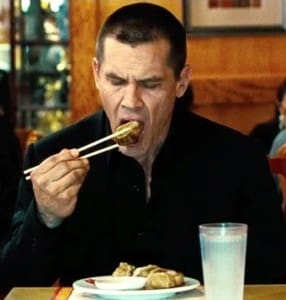 Lee did make some other changes, some of them interesting, but none of them gives his film the same cultural power and specificity as Park’s, and overall, the film’s narrative _sameness_ in many respects just seems lazy. Is “as lazy as a dumpling” a saying? If so, that would have been really clever.
Lee did make some other changes, some of them interesting, but none of them gives his film the same cultural power and specificity as Park’s, and overall, the film’s narrative _sameness_ in many respects just seems lazy. Is “as lazy as a dumpling” a saying? If so, that would have been really clever.
What’s really irksome about the film is that it offers no innovation, nothing cinematographically exciting, no bold editing, no striking color schemes… no real style beyond the unquestionably hot leads, which in Josh Brolin’s case is really inappropriate, because I see no reason to make the American Oh-Dae-Su so beautiful, but I will say that Brolin’s average-for-him, good-for-anybody performance and Elizabeth Olsen’s really impressive turn are probably the movie’s best features.
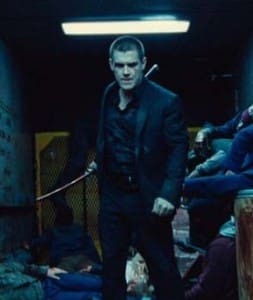
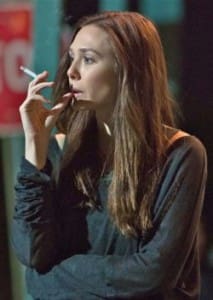
[Really, the following paragraph vaguely contains spoilers.] Lee’s version also tones down the violence. It also tones down the Oh-Dae-Su character’s guilt by having him critically misled in a way Park’s film omits. As an extension, it also tones down the severity of the plot twist the ads are touting. And then–OMFG–it tacks on a Hollywood coda that makes me want to puke.
And then there’s this crap about Spike Lee being a jerk to this guy who claims his art was stolen to promote the movie?
Cultural metric lands down with the critical and financial metrics, folks. May the talented Ms. Olsen and Mr. Brolin do better next time. May Mr. Lee reawaken his sense of cultural relevance. May you see Mr. Park’s film if you haven’t already, and then, go see Catching Fire, which, if you haven’t heard, is totally awesome.
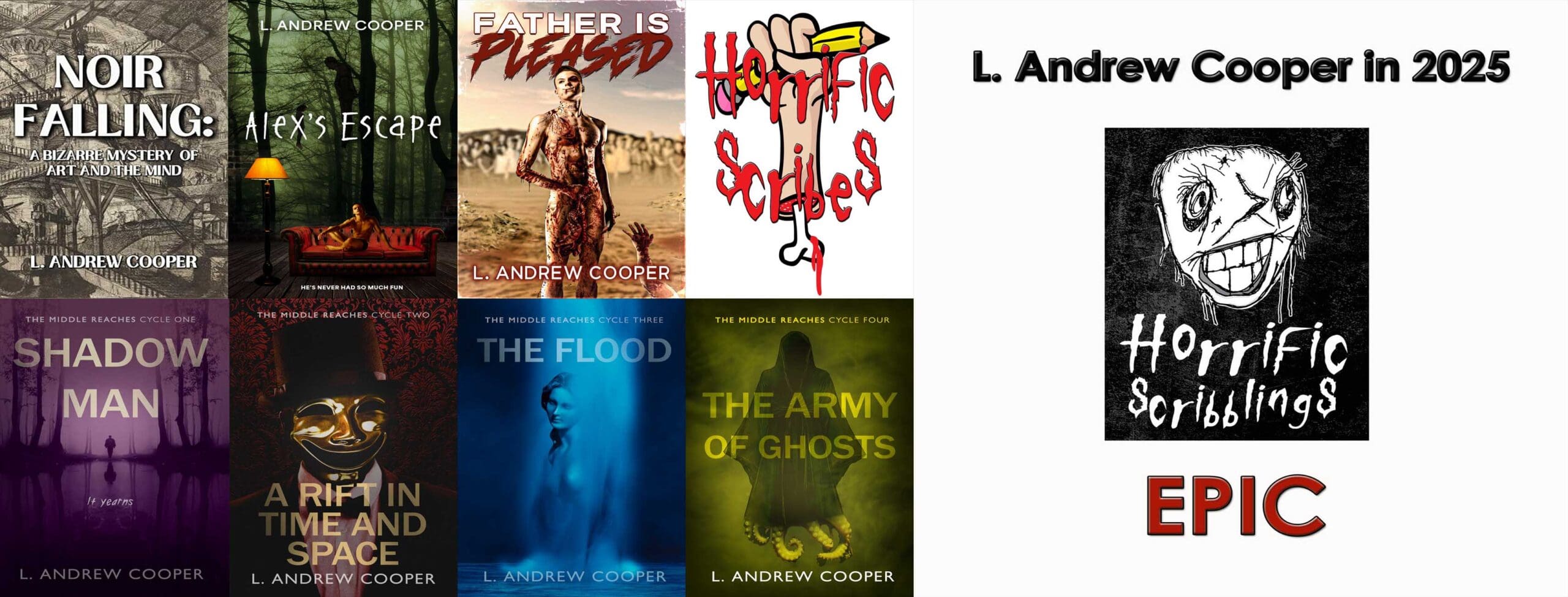
Comments are closed.